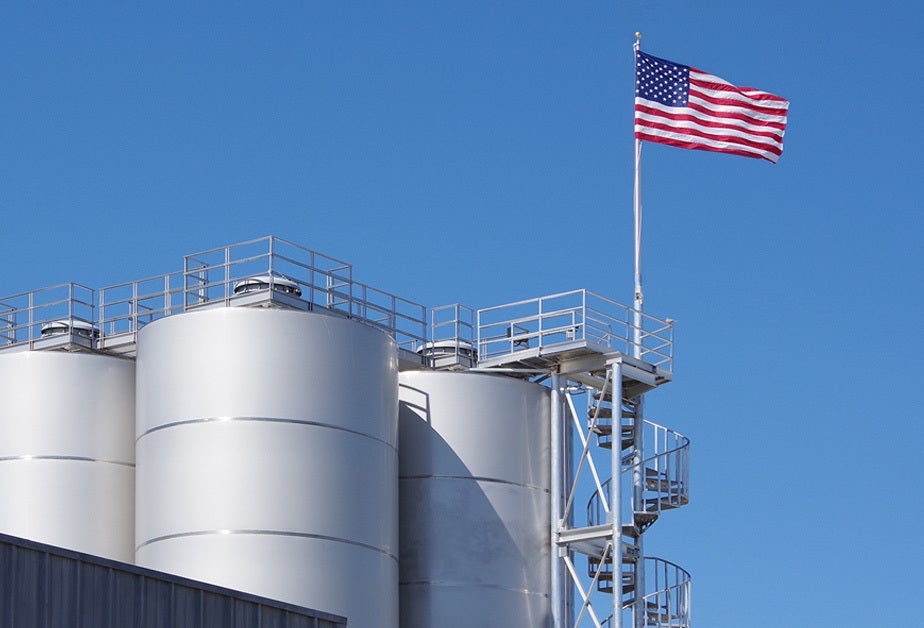On September 3, 2021, the U.S. Environmental Protection Agency (EPA) issued an extension to the No Action Assurance order regarding phenol, isopropylated phosphate (PIP 3:1). Enforcement on the restriction of PIP 3:1 will be withheld until March 8, 2022.
On January 6, 2021, the EPA announced five new rules surrounding specific persistent, bioaccumulative, and toxic (PBT) substances:
- PIP 3:1, CAS 68937-41-7
- Decabromodiphenyl ether (DecaBDE), CAS 1163-19-5
- 2,4,6-tris(tert-butyl)phenol (2,4,6 TTBP), CAS 732-26-3
- Hexachlorobutadiene (HCBD), CAS 87-68-3
- Pentachlorothiophenol (PCTP), CAS 133-49-3
The EPA said it will issue new rules for these substances in the spring of 2023 to align requirements with new guidance from the Biden-Harris administration. The administration has taken steps to promote transparency in supply chains and limit the use of harmful substances. It’s important to note that compliance requirements for DecaBDE; 2,4,6 TTBP; HCBD; and PCTP will remain in effect until the new rules are published.
For these substances, companies must:
- Document the use of restricted substances in parts, materials, and products.
- Retain documentation for a minimum of three years.
- Communicate the presence of any TSCA-restricted substances contained in a product to downstream customers.
Looking for an expert take on the TSCA updates? Watch our webinar, TSCA Restrictions Update: Preparing for the Future.
PIP 3:1 Delay
Many products currently used in the U.S. rely on PIP 3:1 to meet mandated safety standards. The substance is a highly-effective flame retardant, commonly found in power cords, wire sheathing, and other insulating materials. Stakeholders advised the EPA that restricting PIP 3:1 without allowing time for viable alternatives to be implemented could lead to widespread supply chain disruption. For this reason, the EPA gave PIP 3:1 a longer implementation period compared to the other PBT substances. Initially, enforcement was to be withheld until September 4, 2021, but the EPA requested further comment from stakeholders on the impact of the PIP 3:1 restriction.
Following the comment period, the agency noted that the initial rule was more disruptive than intended, but cited a lack of engagement from industry as a reason. The enforcement date has now been extended to October 31, 2024.
Further PBT Rules
Unlike PIP 3:1, the other four PBTs have been restricted since March 8, 2021. The anticipated re-write of these rules is expected to strengthen, rather than weaken the initial rules announced in January. The EPA notice states it is considering revising the rules to “further reduce exposures, promote environmental justice, and better protect human health and the environment.”
To respond to these changes, companies should immediately begin scoping their supply chains for the presence of these PBTs. Documentation and supply chain transparency will be crucial to effectively meeting the TSCA restriction requirements, as well as identifying areas of concern in supply chains that could lead to potential disruption.
How Assent Helps
Assent’s TSCA Restriction Module facilitates effective PBT restriction identification, risk analysis, and assessment. Streamlining the data collection and reporting processes, Assent allows companies to take deep dives into their supply chain, uncover PBTs, and take steps to avoid supply chain disruptions, fines, or loss of market access. To learn more, contact us today.










